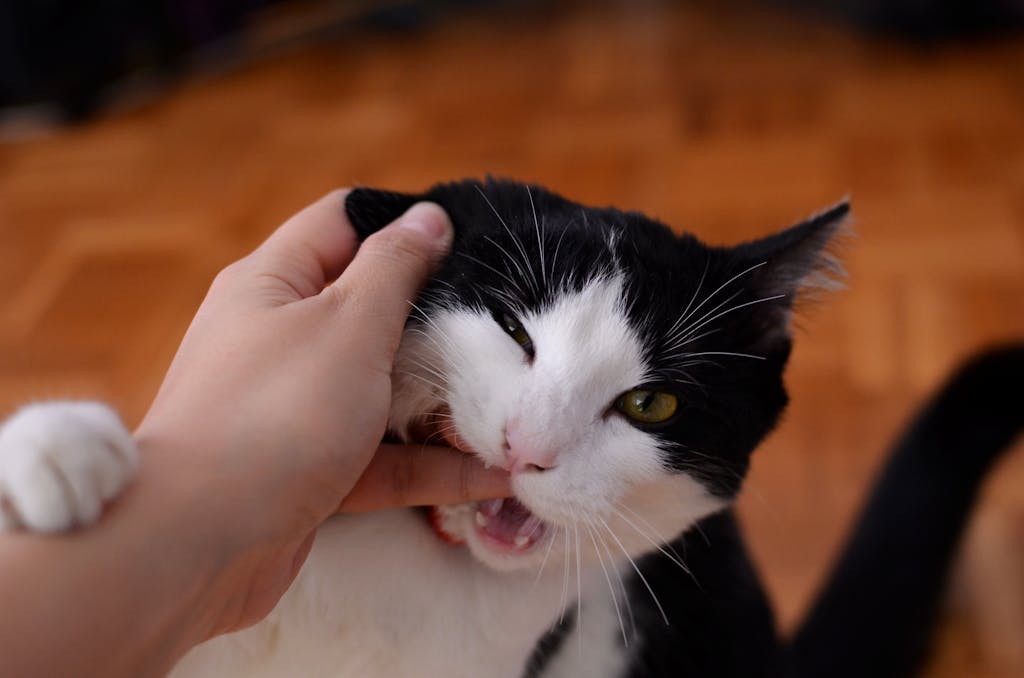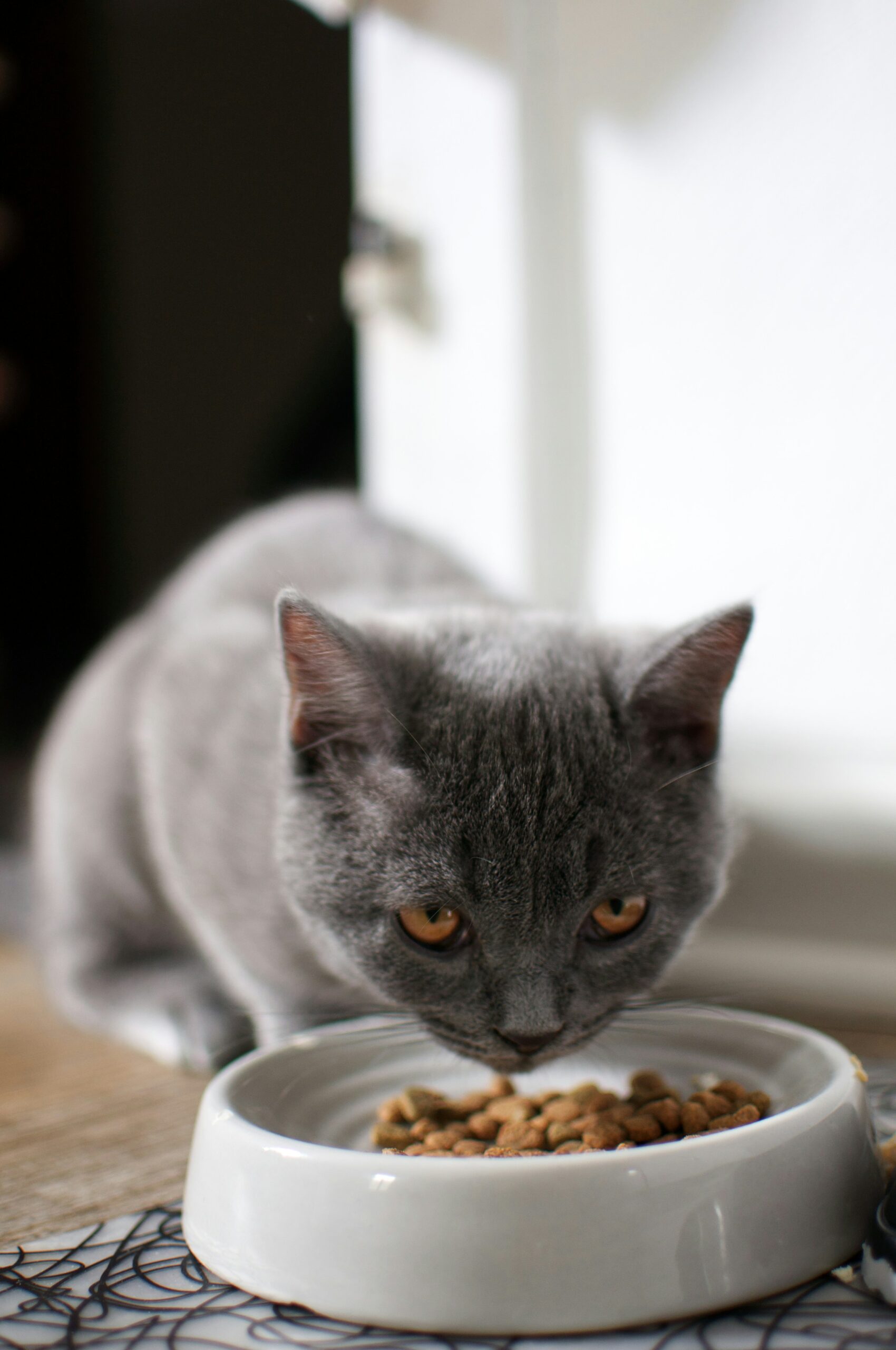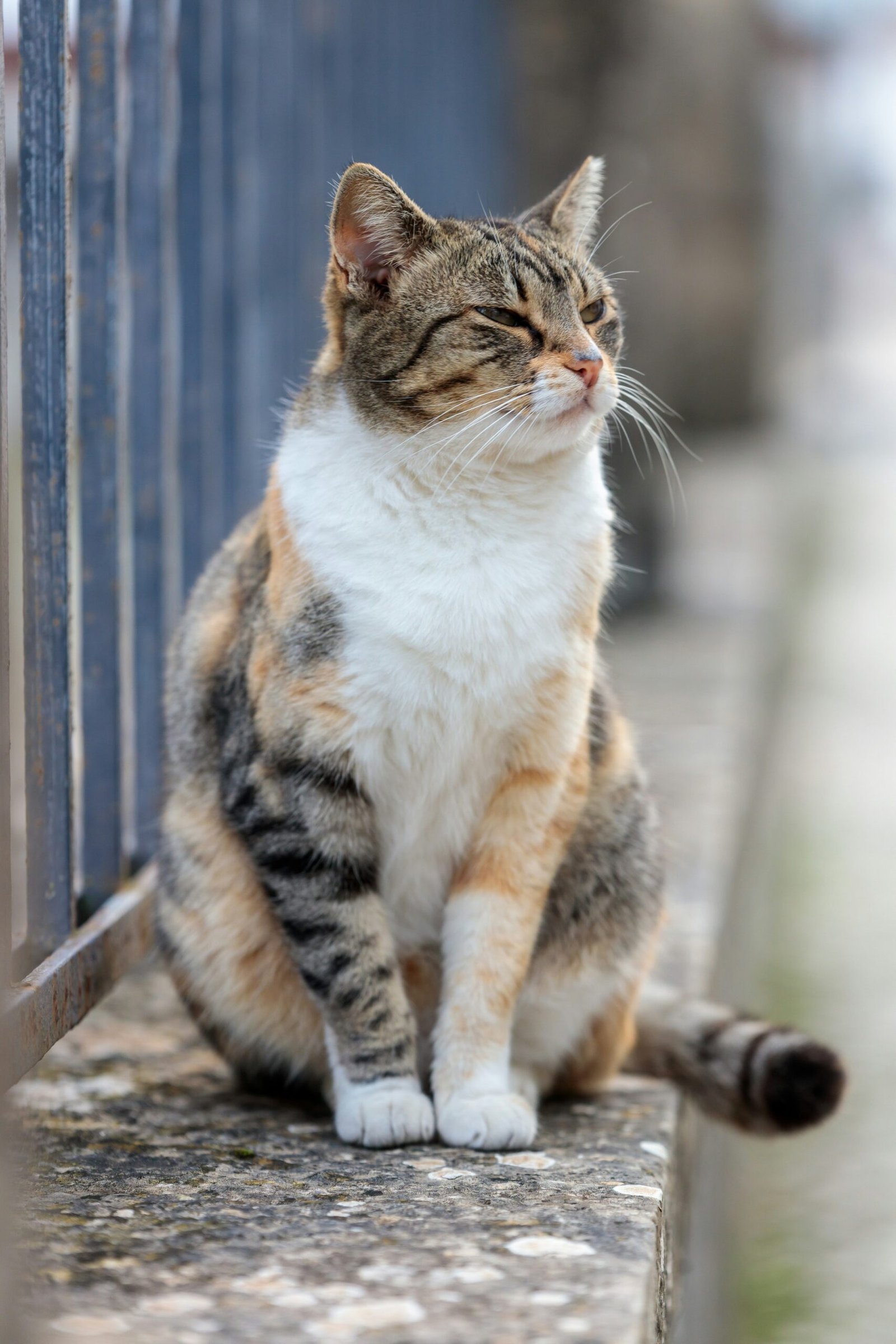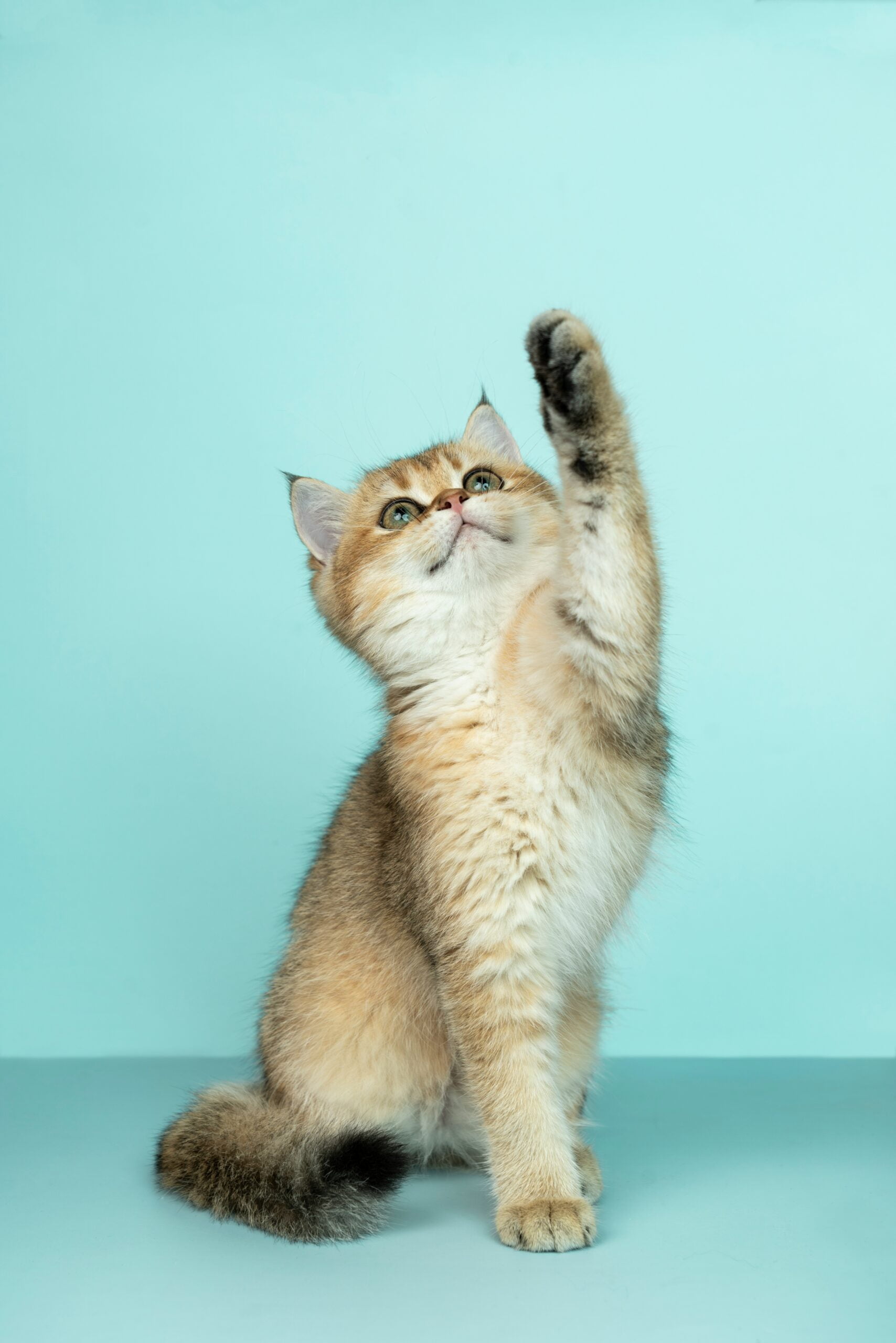
Cats are known for their particular dietary requirements, being obligate carnivores. However, the question of whether cats can have black beans occasionally arises. The answer is a bit nuanced – while black beans are not toxic to cats, there are some important considerations to keep in mind.
As cat lovers, we often find ourselves sharing our meals with our feline companions. National Bean Day, a day dedicated to celebrating the humble legume, may have you wondering, “Can cats have black beans?” The answer is yes, but there are some important caveats to consider. In this comprehensive guide, we’ll delve into the world of beans and cats, exploring the types of beans they can consume, potential risks, and how to ensure your cat’s safety and well-being.
Can Cats Have Black Beans?
Yes, cats can indeed eat beans, but it’s essential to exercise caution. While beans are a great source of protein for humans, they aren’t a protein powerhouse for our feline friends. Cats are obligate carnivores, which means their nutritional requirements can only be met through animal protein. Substituting beans or lentils for animal meat in a cat’s diet is not advisable.
Black beans are not likely to harm your cat when eaten in moderation. Like other beans, they should be plain and cooked. If you’re using canned black beans, be sure to rinse off any excess juices before serving them to your cat.
That said, beans, when served plain, cooked, and as an occasional treat, do not pose a significant hazard to your cat’s health. If you have concerns or your cat has specific medical conditions, like pancreatitis, it’s always a good practice to consult with your veterinarian before introducing beans into their diet.
Before You Feed Your Cats Black Beans?
Cats are obligate carnivores, which means their primary dietary requirement is meat. However, you might wonder if it’s safe for your feline friend to have black beans as an occasional treat. The short answer is yes, but there are some important considerations to keep in mind.
1. Moderation is Key:
Black beans are not toxic to cats, but they should be given in moderation. These legumes belong to the same family as peanuts and chickpeas and can offer some nutritional benefits.
2. Proper Preparation:
Before offering black beans to your cat, ensure they are cooked and plain. Raw and dry black beans contain a compound called raffinose, which is indigestible and can lead to digestive discomfort.
3. Small Portions:
If you decide to share black beans with your cat, it should only be in very small amounts. Cats have sensitive digestive systems, and overindulging in beans can lead to gastrointestinal distress.
4. Nutritional Value:
Black beans provide a decent amount of protein, fiber, and various vitamins and minerals. However, it’s important to remember that cats primarily require animal-based protein in their diet.
Nutritional Value
Black beans do offer some nutritional value. They provide protein, fiber, and various vitamins and minerals. However, it’s essential to remember that these nutrients can be obtained more effectively from sources that align better with a cat’s dietary needs.
Can Cats Eat Chickpeas?
Chickpeas, also known as garbanzo beans, are safe for cats to eat in moderation. However, some cats may have difficulty digesting them. While plain, cooked chickpeas are generally well-tolerated, it’s important not to make them a regular part of your cat’s diet.
Can Cats Eat Refried Beans?
If you prepare refried beans from scratch without adding extra spices, you can offer your cat a small amount as an occasional treat. However, it’s crucial to avoid canned refried beans, which often contain spices like garlic and onion. These ingredients can be highly toxic to cats, leading to conditions such as hemolytic anemia.
Can Cats Eat Green Beans?
Green beans, although technically not beans, are a safer option for cats who are interested in consuming greens. Cooked or steamed green beans can provide added nutrients, fiber, and hydration for your cat, particularly if they have digestive issues. Avoid giving your cat dishes like green bean casserole, which may contain onion and mushrooms, harmful to feline health.
Avoid Cacao and Coffee Beans
While beans offer some leeway, cacao and coffee beans are an absolute no-no for cats. Both of these beans are actually seeds and contain caffeine and theobromine, which can have severe adverse effects on your furry friend. These compounds act as stimulants, increase heart rate, cause diuretic effects, upset the gastrointestinal system, and affect the nervous system.
Symptoms of caffeine or theobromine overdose in cats include vomiting, diarrhea, increased body temperature, muscle rigidity, rapid breathing, increased heart rate, low blood pressure, seizures, and, in advanced cases, cardiac failure, weakness, and coma. If you suspect your cat has ingested cacao or coffee beans, seek immediate assistance from a professional veterinarian. Do not attempt to induce vomiting at home, as it may be unsafe for your pet.
Conclusion: Can Cats Have Black Beans
It is technically safe for cats to consume black beans in small amounts, but they are not a necessary or ideal component of a feline diet. Cats are obligate carnivores, and their primary source of nutrition should be meat-based. Always prioritize their essential dietary requirements and consult your veterinarian for specific dietary concerns.
In summary, while cats can eat beans in moderation, it’s best to consider other sources of protein that align more closely with their nutritional needs. Beans, when served as an occasional treat, can be safe, but always consult your veterinarian if you have any concerns about your cat’s dietary choices. Remember to steer clear of cacao and coffee beans, which pose significant risks to your feline companion’s health. Happy National Bean Day, and keep your furry family members safe and well-nourished!
When offering treats or trying new foods for your cat, it’s important to be cautious and attentive to any potential adverse reactions. While black beans may not be harmful, it’s best to keep them as an occasional and tiny indulgence.
Related Question on Can Cats Have Black Beans
Can Cats Eat Peas?
Peas are among the select few plant-based foods that cats can safely consume, albeit in moderation. Here are some important points to consider:
The Benefits of Peas
Rich in Fiber: Peas are a good source of dietary fiber. This can assist in regulating your cat’s digestive system and may help prevent constipation.
Source of Vitamins: Peas contain essential vitamins such as A and K, which contribute to overall feline health.
Low in Calories: If your cat is watching its weight, peas can be a healthy low-calorie treat.
Antioxidants: Peas also contain antioxidants that can help boost your cat’s immune system.
How to Offer Peas
If you’re considering offering peas to your cat, it’s crucial to prepare them appropriately. Here are some steps to follow:
- Cooked and Plain: Always serve peas cooked and without any added seasonings, spices, or sauces. Cats should not consume seasoned or spicy foods.
- Mashed or Cut: Peas should be mashed or cut into small, manageable pieces. This prevents choking hazards and makes it easier for your cat to eat.
- Moderation: While peas are safe, they should be a supplementary treat rather than a primary food source. Cats require animal-based proteins to thrive.






